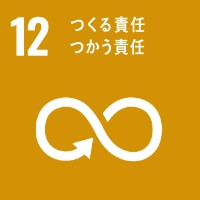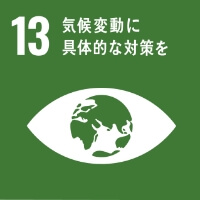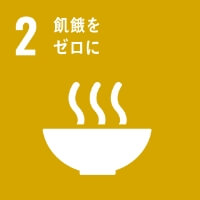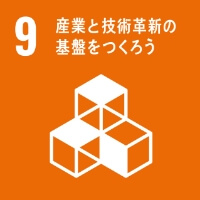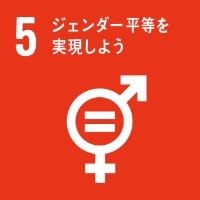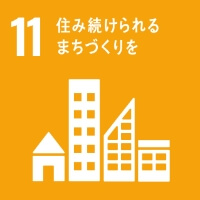当社および当社グループは、環境、社会、ガバナンスの観点で、積極的にサステナビリティに取り組んでいます。特に水産資源や生態系などの環境にやさしい方法が評価され、国際的な認証を受けました。環境保護に向けて積極的に活動しています。

サステナビリティ
マルナカのサステナビリティへの取り組み
当社は、サステナブル・シーフードを掲げるMSC、ASC、MELなどの国際的な水産資源・環境保護活動に賛同し、水産卸売業として、いち早く認証を取得して活動しています。 また、当社は、水産庁が「適切に水産魚を選択して食べることはSDGsに掲げられた持続可能な消費行動である」として定めた「さかなの日」の賛同企業に登録しています。さらに、子どもたちへの海洋教育並びに水産業に対する啓蒙普及を目的として活動するNPO「海のくに・日本」主催の子供記者団の取材に協力しています。NPO「くじら食文化を守る会」賛助会員としても活動しています。
| 環境 |
|
|---|---|
|
|
|
|
| 社会 |
|
|
|
|
|
| ガバナンス |
|
マルナカのSDGs
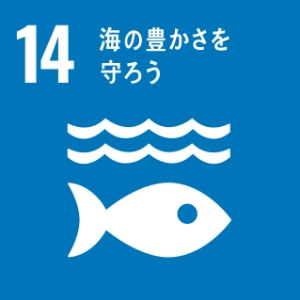
当社は、SDGs目標14「海の豊かさを守ろう」に向けて積極的に活動しています。同時に、以下のようなSDGsの活動に取り組んでいます。
-
- 節電・節水
-
- 目標12「つくる責任 つかう責任」
- 目標13「気候変動に具体的な対策を」


-
- 食品ロス削減、ごみの分別と減量
-
- 目標2「飢餓をゼロに」
- 目標12「つくる責任 つかう責任」
- 目標13「気候変動に具体的な対策を」



-
-
ペーパーレス、デジタル化を進めることで
紙の使用を減らす -
- 目標9「産業と技術革新の基盤をつくろう」
- 目標12「つくる責任 つかう責任」
- 目標13「気候変動に具体的な対策を」



-
ペーパーレス、デジタル化を進めることで
-
- ジェンダー平等
-
- 目標5「ジェンダー平等を実現しよう」

-
- 災害対策
-
- 目標11「住み続けられ宇まちづくりを」
- 目標13「気候変動に具体的な対策を」


-
MSC(Marin Stewardship Council)
MSC(Marin Stewardship Council)海洋管理協議会認証(海のエコラベル)は、国際的な非営利団体(NPO)である海洋管理協議会(Marin Stewardship Council, MSC)の環境規格に適合した漁業で獲られた水産物に認められています。MSCは、減少傾向にある世界の水産資源の回復を目指して1997年に設立されました。本部はイギリスのロンドンにあります。
MSCの「持続可能な漁業のための原則と基準」に則り「MSC漁業認証」を取得し、獲られた水産物を流通~製造・加工~販売のすべての過程において「CoC認証」を取得した企業が適切に管理することで、はじめて「海のエコラベル」がついた商品として消費者に届けられます。
このように「海のエコラベル」は、持続可能な漁業および水産物のトレーサビリティの確保を実現するものであり、当社は2015年8月にその認証を受け、積極的に活動しています。-
資源の持続可能性
- 過剰に漁獲せず、資源を枯渇させないこと。
- 枯渇した資源については、回復が論証できる方法で漁業をおこなうこと。
-
漁業が生態系に与える影響
- 漁業が依存する生態系の構造、多様性、生産力等を維持できる形で漁業を行うこと。
- 漁業の管理システム
-
資源の持続可能性
-
ASC(Aquaculture Stewardship Council)
環境と社会への影響を最小限にした、責任ある養殖の水産物に関する国際認証です。当社は、水産卸売業として、MSC認証の取得と同時に2015年8月にASC認証を取得しています。
-
MEL
国際的に認められた日本のエコラベル認証制度です。SDGsの認知が世界で拡がるとともに、水産エコラベルは社会に浸透し、水産物を持続可能に利用するために重要度を増しています。海洋生態系の保全と水産資源の保護、気候変動対策、人権問題解消、海洋プラスチック削減、食品安全の確立、サプライチェーンの透明化などの目標を掲げ、活発に活動しています。MEL認証スキームは漁業、養殖、流通加工をカバーしており、当社は水産卸売業として、日本で最も早い2019年2月にMEL認証を取得しています。

